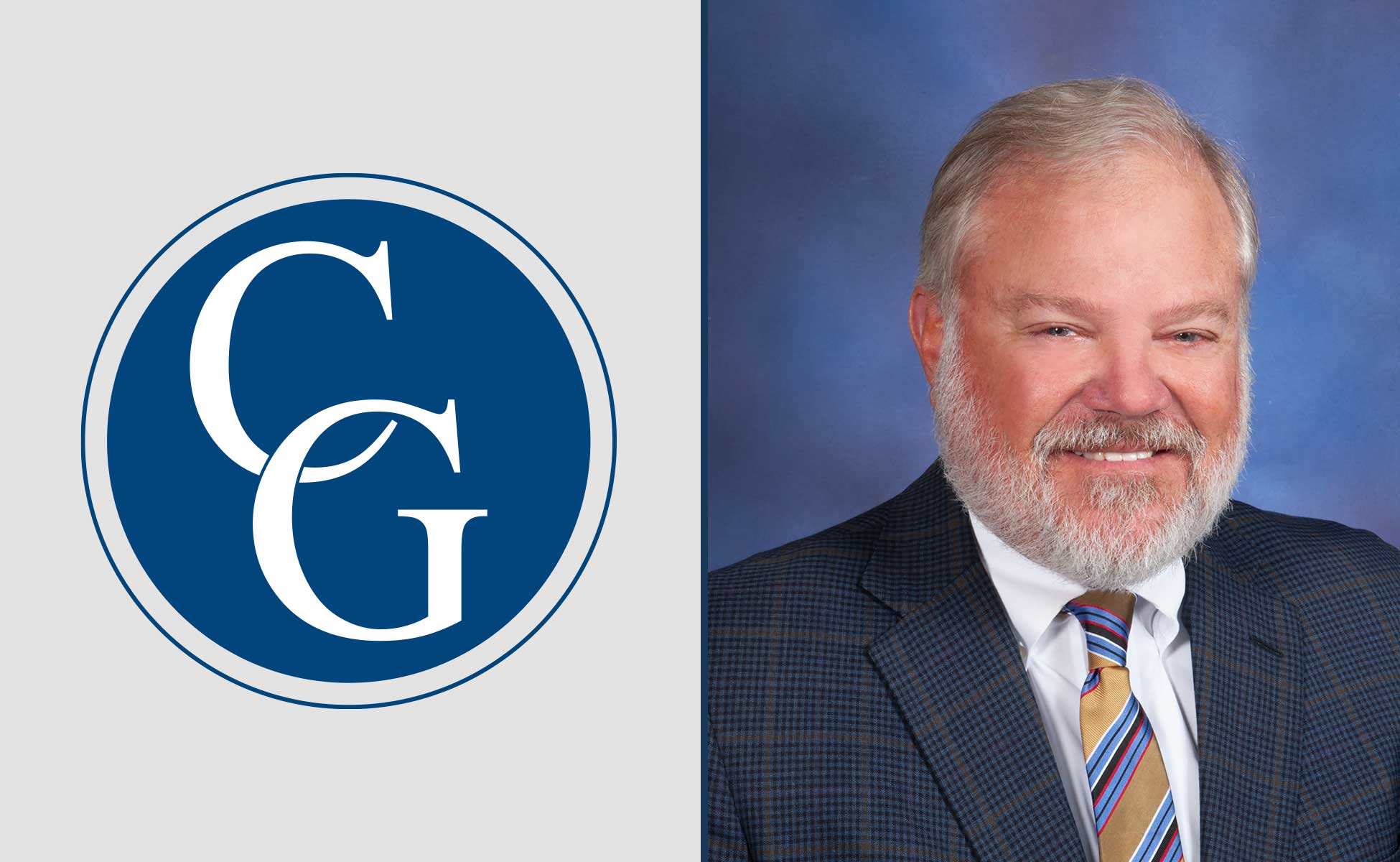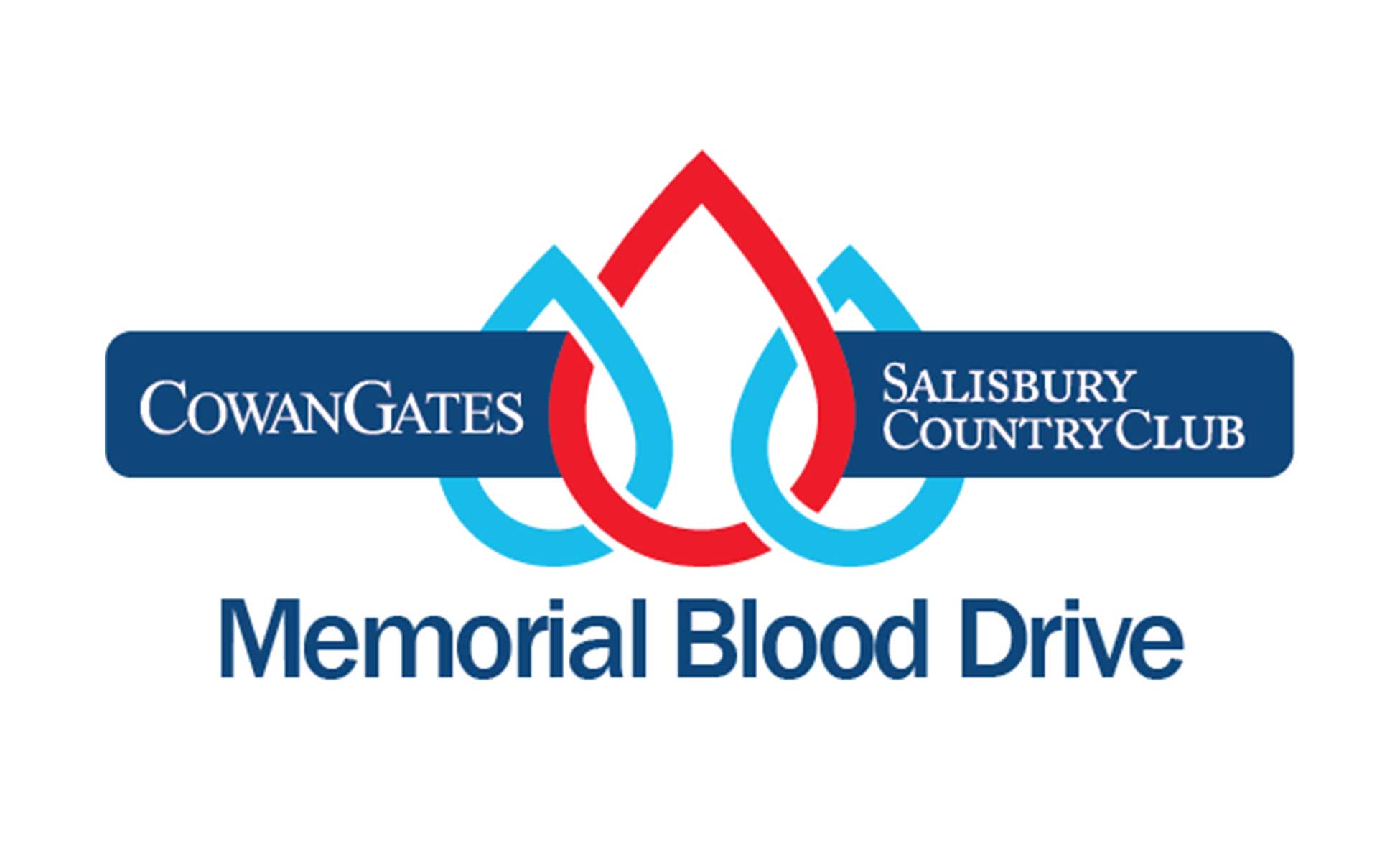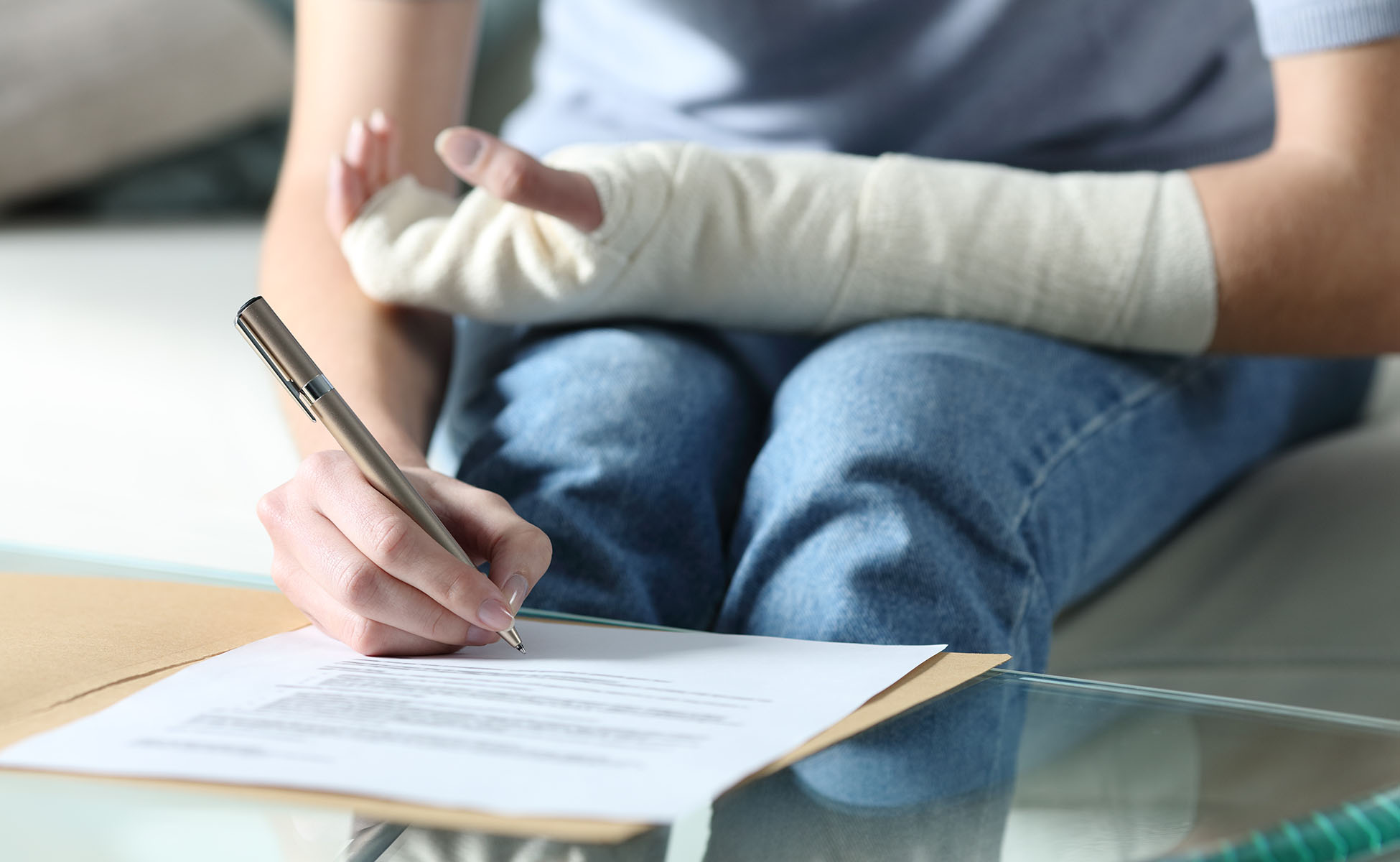Surviving an Accident

By Neil Cowan
Chances are good that you or someone you know will be involved in an automobile accident. Are you prepared? Would you know what to do at the accident scene? How about after the accident? What about your injuries and property damages? What about the other parties’ injuries? Is your insurance coverage adequate? Most people meet this type of situation unprepared, leaving them helpless and confused. A split second mishap can catapult you into a web of medical, legal, emotional, and physical issues that require cautious and wise consideration. Taking proactive measures are key to successfully resolving such misfortune.
Get Prepared Now – Obtain Adequate Insurance
First and foremost, make sure that you are adequately insured. Most drivers today have insufficient insurance coverage. They often face not only personal asset exposure over and above their insurance coverage, but also run the risk of not having a source of funds available in the event of an accident with an uninsured or underinsured driver. Virginia’s minimum liability insurance requirement of $25,000 is sorely inadequate.
At a minimum, you should consider purchasing liability limits of $100,000 which will protect you if you are sued for minor to moderate injuries. Ideally, it is recommended that you purchase liability limits of $300,000 to $500,000 in conjunction with an umbrella policy of $1,000,000. Although this coverage amount may seem excessive, it is not in light of today’s climate of high jury awards and expensive medical costs.
When shopping for insurance, most people concentrate only on the liability coverages and fail to recognize the importance of having sufficient uninsured and underinsured motorist coverage (UM/UIM coverage). In the event you or your passengers are injured due to the negligence of an uninsured or underinsured driver, you may seek compensation for your injuries and damages through the UM/UIM portions of your policy, whichever applies. In such situations, the source of available funds will be limited to the amount of your UM/UIM coverage. In Virginia, unless you elect to do otherwise in your insurance policy, your UM/UIM limits are equivalent to the amount of your liability coverage limits. When shopping for this type of coverage, you should consider setting your UM/UIM limits at an amount which will protect you in the event of disabling or catastrophic injuries. You should have UM/UIM limits of at least $100,000, but limits of $300,000 to $500,000 will afford you better protection. Meet with a knowledgeable and trustworthy insurance agent to discuss and review your insurance coverage limits – i.e., liability, uninsured and underinsured motorist coverage, medical payments coverage, collision, and umbrella coverages. Your agent can set you up with a policy that meets your needs and your budget. With a good driving record, you can purchase the higher insurance limits at reasonable rates.
Things To Do If You Are In An Accident
After an automobile accident, you’ll face a number of issues and problems which need to be addressed. Some basic points to consider are:
- IDENTIFY all drivers and witnesses. Be sure to accurately record the names, addresses, and phone numbers of any and all drivers, passengers, and witnesses involved.
- IDENTIFY all available insurance. It is critical that you obtain the names, addresses, and policy numbers of all insurance companies insuring vehicles involved in the accident.
- CONTACT your insurance company. Regardless of whether you are at fault or how insignificant the collision may seem, it is critical that you immediately notify your insurance company. Activation of your insurance coverage is contingent upon your reasonable notification of the insurance company. Prompt notice allows the insurance company to fully investigate the accident. Failure to reasonably notify your insurance carrier may result in a denial of coverage.
- PRESERVE the evidence. Shortly after the accident, you should obtain photographs of the damaged vehicles and photographs of any visible physical injuries. Once a vehicle has been repaired or an injury has healed, this crucial evidence is lost forever. Be sure to save copies of all repair estimates and invoices.
- CONSIDERATION for the injured party. If you are injured in an accident, seek medical treatment immediately and take all steps your doctor deens necessary to ensure your complete recovery. Document your out-of-pocket expenses by saving copies of all medical bills, prescription receipts, and keep a record of all time missed from work. You should keep a daily diary of your activities and record any physical limitations, specific pains and their frequency, and any medications you require. Such a diary will refresh your memory later as to the physical and emotional problems resulting from the accident.
- HANDLING the traffic ticket. If you are charged with a traffic offense, you should seek appropriate legal advise before appearing in traffic court. Your plea in traffic court can have a significant bearing on subsequent civil litigation. For example, if you plea guilty or plead no contest to the offense in traffic court, your plead becomes an admission of negligence in any resulting civil action. If you question whether you have been properly charged for the accident, you should consult a competent trial lawyer to explore all options before proceeding to traffic court.
- CONSULT an attorney. Shortly after the accident, you should consult with a competent trial lawyer to discuss the particulars of your accident. Personal injury litigation can involve complex legal, medical, and insurance issues. A competent lawyer can guide you through all of the pitfalls and make you aware of things you should be doing to protect yourself.
Basic Recoverable Damages in Virginia
In Virginia, if you, through no fault of your own, sustain personal injuries as a result of an accident, you are entitled to recover the following damages, if they apply:
- any bodily injuries you sustain and their effect on your health according to their degree and probable duration;
- any physical pain and mental anguish you suffer and any that you may reasonably be expected to suffer in the future;
- any disfigurement or deformity and any associated humiliation or embarrassment;
- any inconveniences and any that will probably be caused in the future;
- any medical expenses and any that may be reasonably expected to be incurred in the future;
- any loss of earnings because you are unable to work at your calling, and
- any loss of earnings and lessening of earning capacity, or either, that you may reasonably be expected to sustain in the future.
If, through no fault of your own, your vehicle is damaged in an accident, you are entitled to recover the actual cash value of the vehicle or the cost of repairs, whichever is less. If the vehicle is a total loss, the measure of damages is the difference in value immediately before and immediately after the accident plus the necessary and reasonable expenses you incur as a result of the damage to the property (i.e. your rental car expenses). If your vehicle is not totaled, the measure of damages is the reasonable cost of repairing the vehicle plus the amount, if any, the property is depreciated because of its damage. You are also entitled to reimbursement for your reasonable rental car expenses.
Beware of Virginia’s Statute of Limitations
- Personal Injury Actions. Virginia has a two-year statute of limitations period in personal injury cases. Failure to file your lawsuit within two years from the date of the accident will result in a dismissal of your case.
- Property Damage Actions. Virginia requires that you file your property damage lawsuit within 5 years from the date of the accident. Your suit will be dismissed if it is not timely filed.
Hiring An Attorney
Regardless of whether you are a potential plaintiff or defendant, you should consult an attorney who specializes in personal injury litigation to address all potential issues.
If you are legitimately injured in a motor vehicle accident, and are considering pursuing a claim, you should not attempt to handle the matter alone. If you do, insurance companies may take advantage of your ignorance in such matters and your chances of obtaining a satisfactory settlement are not good. An experienced trial lawyer will have a good understanding of what your case is worth and will know how to best handle the insurance company to ensure that you receive a fair settlement. Personal injury attorneys typically handle such cases on a one-third contingency fee plus their out-of-pocket costs. This means that the lawyer would receive one-third of any recovery by settlement or verdict plus cost. If the case is tried and lost, you would be responsible only for the out-of-pocket costs.
If, on the other hand, you have been sued for negligently causing an accident and resulting injuries, you should immediately notify your insurance company about the suit and mail the suit papers to the company. Your insurance contract requires the carrier to hire an attorney to defend you and pay all expenses associated with the lawsuit.
Conclusion
Because automobile accidents frequently occur, you should plan ahead for this misfortune. Review your insurance policy and make necessary adjustments that will ensure adequate protection. If you are in an accident, consult with an experienced trial lawyer you can trust to help guide you through the many legal issues you will face.




